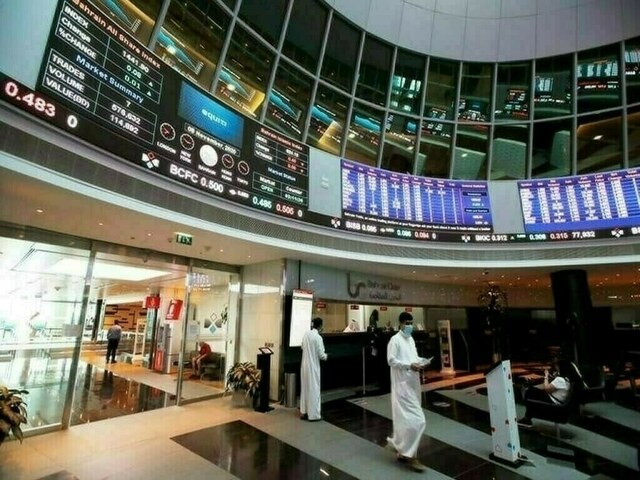A fall in international oil prices might have disparate implications for Gulf Cooperation Council (GCC) nations, says a recent Fitch Ratings report, which points to fiscal risks across the region. While some countries such as the UAE and Qatar have more diversified economies and better buffers, others are still reliant on oil revenues to finance their budgets.
Saudi Arabia, for example, is especially vulnerable because it has a high breakeven oil price required to finance ambitious projects under Vision 2030. Oman and Bahrain, already with higher levels of debt, may also experience heightened fiscal stress if oil prices fall substantially below $80 per barrel, Fitch adds.
Conversely, the UAE and Qatar are regarded as more resilient, owing to large sovereign wealth holdings and diversification of income sources. These nations have progressed in non-oil industries like finance, tourism, and logistics, insulating them against short-term oil market shocks. However, all Gulf economies face longer-term structural issues regarding weaning off hydrocarbon dependence.
Fitch’s alert is against the background of geopolitical tensions, global energy demand changes, and decarbonisation policies that may continue to make oil markets unpredictable. Policymakers are called upon in the report to sustain diversification and fiscal adjustments to protect against price fluctuations that may destabilize budgets and economic expansion.









